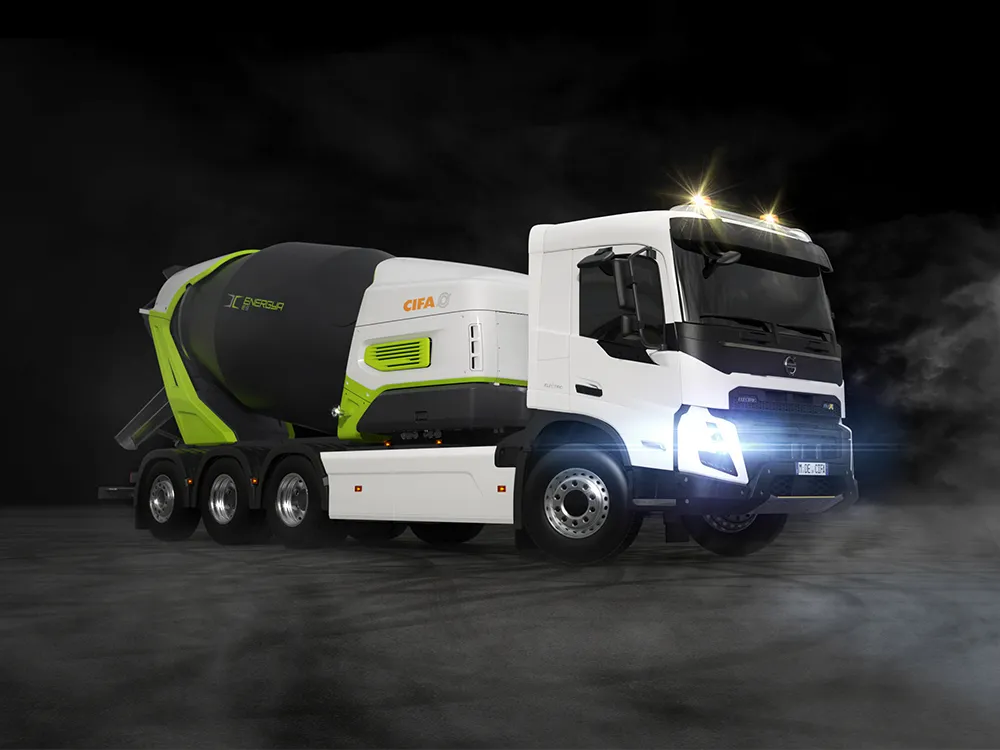Car2go, a wholly owned subsidiary of Daimler North America Corporation, and the city of San Diego have officially launched North America's first all-electric car sharing network. Car2go began deploying 300 Smart fortwo electric drive vehicles Friday in San Diego, which are now in service and available for use.Unlike traditional car sharing schemes, Car2go says it meets the daily needs of members by providing a free-floating network of vehicles that is truly available on-demand for point-to-point trips.
May 9, 2012
Read time: 2 mins
Unlike traditional car sharing schemes, Car2go says it meets the daily needs of members by providing a free-floating network of vehicles that is truly available on-demand for point-to-point trips. Members can use the service with or without a reservation, for as long as they would like, without having to commit to a return time or location.
"We have designed car2go to be convenient and flexible, to meet the demands of everyday life, and to fit the lifestyle of our members," said Nicholas Cole, president and CEO of Car2go North America. "It is as easy as having access to your own vehicle, and in some cases, like in densely populated downtown areas such as San Diego, it can actually be easier. Car2go fills the gap between where you are and where you want to be."









